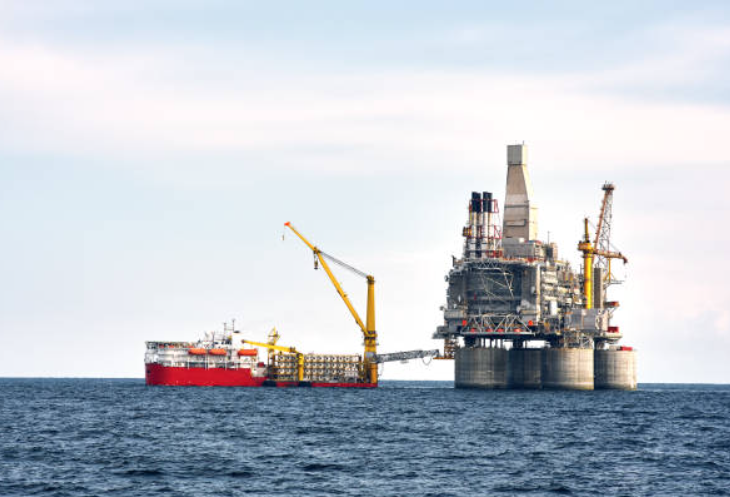
Posted on Friday, September 27, 2024
The marine industry is one of the most demanding environments for metal structures, as exposure to seawater, moisture, and harsh weather conditions can lead to rapid corrosion and structural degradation. To combat these challenges, the use of corrosion-resistant materials is critical, and roll forming technology has emerged as a key player in producing durable metal components for ships, boats, and offshore platforms.
Marine environments require metals that can withstand corrosion and retain their strength under harsh conditions. Roll forming machines are instrumental in shaping metals like stainless steel, galvanized steel, and aluminum into the required profiles. These materials are known for their ability to resist rust, oxidation, and other forms of deterioration caused by saltwater and moisture.
Roll forming machines can efficiently shape these metals into precise, custom-designed profiles, making them an ideal solution for marine manufacturing needs.
Roll forming technology allows for the mass production of customized metal components used across multiple sectors of the marine industry. Some of the most common applications include:
Roll forming offers numerous benefits that make it an ideal choice for manufacturing marine components:
As the marine industry continues to evolve, roll forming technology is also advancing to meet new challenges. Innovations such as automation and advanced control systems allow for greater precision in the production process, further enhancing the quality of marine components.
Roll forming technology has become a vital tool in the marine industry, helping manufacturers produce durable, corrosion-resistant metal components for ships, boats, and offshore platforms. From hull reinforcements to decking, storage systems, and offshore platforms, roll-formed metal parts offer the strength and reliability needed to withstand the harsh conditions of the sea.
As innovations continue to emerge, roll forming machines are expected to play an even greater role in shaping the future of the marine industry, enabling the production of more efficient, cost-effective, and high-performance metal components.
By leveraging the unique advantages of roll forming technology, marine manufacturers can ensure that their components meet the demanding standards of the industry while maintaining the durability and longevity necessary for success in the field.

Used Purlin Roll Forming Machines for Sale Worldwide
Posted on Sunday, January 25, 2026
Pre-Owned Roll Forming Machines for Purlin & Structural Steel Profiles

Used Roof Panel Roll Forming Machines for Sale Worldwide
Posted on Sunday, January 25, 2026
Pre-Owned Roll Forming Machines for Roofing Panel Production

Used Roll Forming Machines for Sale Worldwide
Posted on Tuesday, January 20, 2026
Pre-Owned Roll Forming Machines with Inspection, Verification & Global Support

Steel Coil Supply for Roll Forming Machines Worldwide
Posted on Tuesday, January 20, 2026
Reliable Steel Coil Supply for Roll Forming, Fabrication & Manufacturing Applications
Copyright 2026 © Machine Matcher.